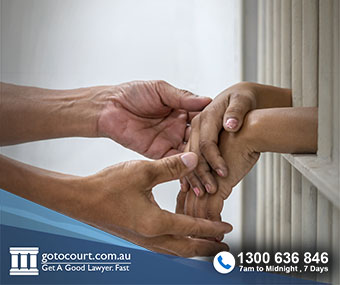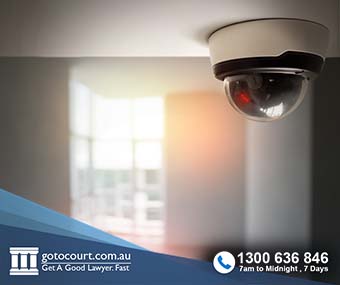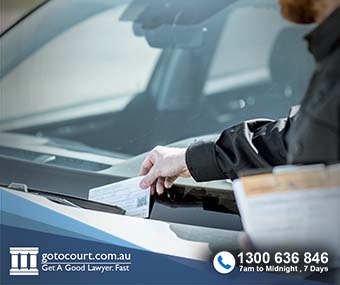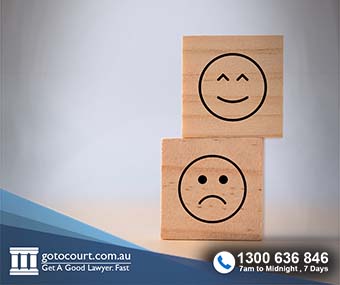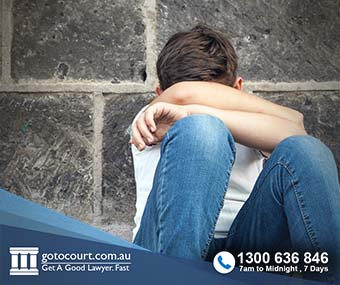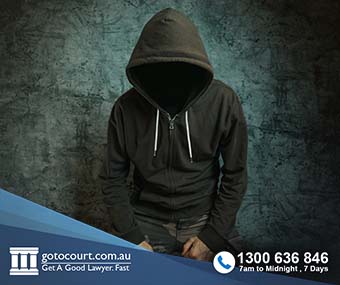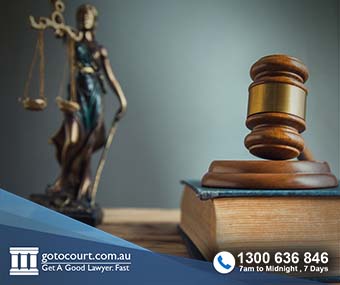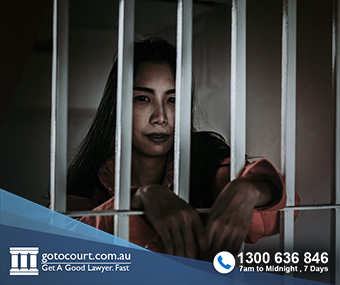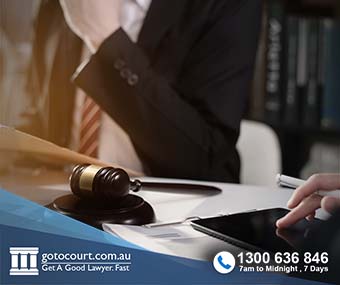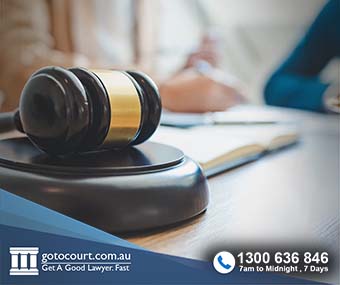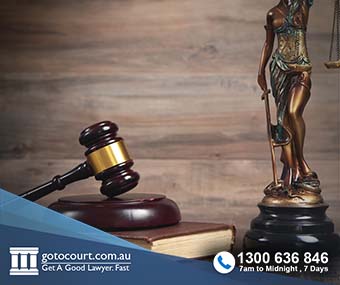Call our lawyers
now
or,
have our lawyers
call you
Parole in Tasmania
Updated on Jan 03, 2023 • 5 min read • 239 views • Copy Link
Parole in Tasmania
Parole in Tasmania is the conditional release of a person from prison before the end of their sentence. It is different from remission because a person on parole is still serving a jail sentence while living in the community; whereas remission represents a reduction in a person’s sentence. This article deals with parole in Tasmania.
Who determines eligibility for parole in Tasmania?
Parole in Tasmania is determined by the Parole Board (the Board). The Board can revoke (take away) or amend (change) the conditions of a person’s parole at any time during the parole period. However, before doing so, the Board must tell the person the reasons for their decision and give the person the chance to respond.
If parole is revoked, the person will have to return to prison and complete what remained of their sentence at the time that they were given parole. None of the time spent on parole will be taken into account. Life prisoners will return to an indefinite sentence and will not be released unless and until the Board sees fit to grant parole again.
While on parole, the parolee is under the supervision of a parole officer.
Eligibility for parole in Tasmania
Eligibility for parole in Tasmania depends on a number of factors:
- A prisoner, apart from a life prisoner or ‘dangerous criminal’, cannot be released on parole in Tasmania until they have served half, or a minimum of six months, of their sentence (unless the Board considers that there are exceptional circumstances).
- Though rare, the Supreme Court can set a longer non-parole period when they sentence a person.
- The court has the power to make a person ineligible for parole for the duration of that particular sentence.
- If the court does not make an order in respect of parole then the offender won’t be eligible for parole.
- Unless the court has made an order to the contrary, dangerous criminals and life prisoners are not able to apply for parole. A person who has been declared to be a dangerous criminal can apply to have the declaration discharged and, if their application is granted, they may then apply for parole.
Applying for parole in Tasmania
An application is made for parole in Tasmania by completing an application form which can be obtained from a programs officer at the prison. When an application is made, the Board will get reports from:
- the prison authorities
- a medical, psychological or psychiatric health practitioner if relevant and
- the person’s parole officer.
After considering the reports and all other circumstances of the case, the Board can:
- refuse parole
- grant parole or
- defer their decision until a later time.
If it is refused or deferred, the person must be given the Board’s reasons for doing so in writing.
If granted, the Board can set conditions on the parole. These conditions will be set out on the parole order, a copy of which must be given to the person. These will normally be that:
- they are of good behaviour
- they keep the parole officer informed of their address
- they keep all appointments with their parole officer and
- they comply with any reasonable directions given by the parole officer.
The parolee may also be prohibited from entering premises where alcohol is sold or served.
Considerations for the Parole Board
The Board decides whether or not to release a person on parole. If parole is granted, they will decide what conditions should be applied. When considering an application for parole, they must take the following matters into consideration:
- the likelihood they may re-offend
- the protection of the community
- the rehabilitation of the person
- remarks made by the court when sentencing
- the likelihood that they will comply with the conditions
- the nature and seriousness of the offence/s
- how they have behaved whilst in prison
- how they behaved if on parole previously, or when subject to any order of the court
- any background, medical, psychological or psychiatric reports on the person or on any other matter relating to them
- the likely circumstances of the person when released, including proposed living arrangements and employment
- any statements made by the victim or victims in the matter, including any victim impact statement
- anything else the Board thinks relevant.
Breaching parole in Tasmania
A breach of parole occurs if any of the terms and conditions of the parole are not obeyed. If parole is breached, the Board will either:
- give the parolee a warning
- give the parolee a notice requiring them to attend a Board meeting and discuss the situation; or
- issue a warrant for their arrest.
If parole is breached by committing an offence and the person receives a jail sentence for that offence, parole is automatically revoked.
If you require legal advice or representation in any legal matter, please contact Go To Court Lawyers.

Affordable Lawyers
Our Go To Court Lawyers will assist you in all areas of law. We specialise in providing legal advice urgently – at the time when you need it most. If you need a lawyer right now, today, we can help you – no matter where you are in Australia.How It Works







1. You speak directly to a lawyer
When you call the Go To Court Legal Hotline, you will be connected directly to a lawyer, every time.


2. Get your legal situation assessed
We determine the best way forward in your legal matter, free of charge. If you want to go ahead and book a face-to-face appointment, we will connect you with a specialist in your local area.


3. We arrange everything as needed
If you want to go ahead and book a fact-to-face appointment, we will connect you with a specialist in your local area no matter where you are and even at very short notice.


